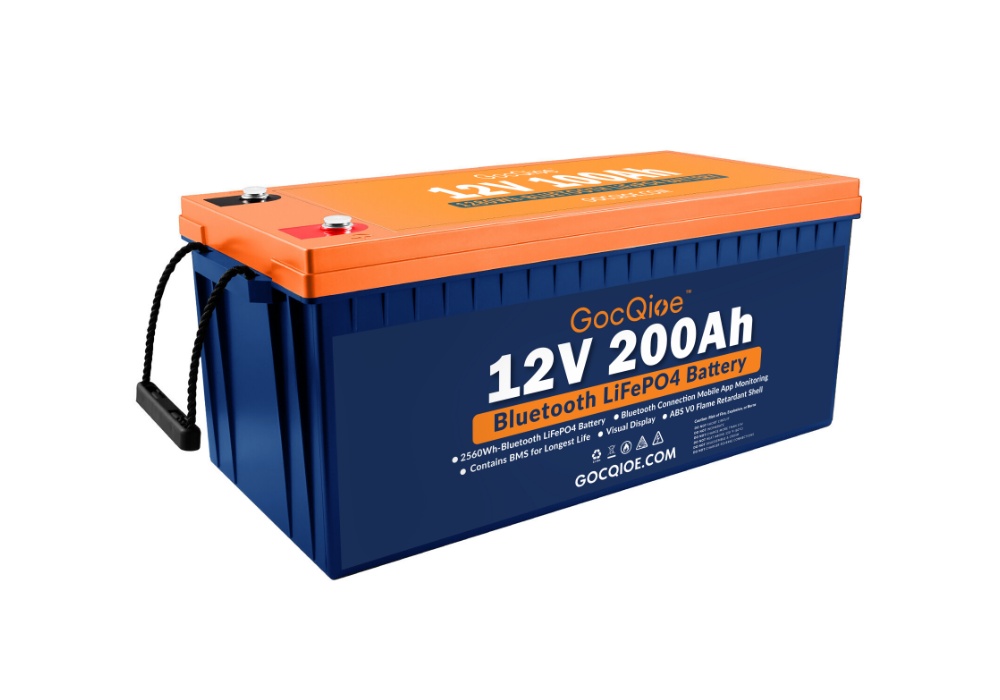As a substitute for lead-acid batteries, lithium iron phosphate batteries are rapidly occupying the market, so do you know what advantages it has? Let me introduce them one by one to you.
1. Improvement of safety performance
The P-O bond in lithium iron phosphate crystal is stable and difficult to decompose. Even at high temperatures or overcharge, it will not collapse and generate heat or form strong oxidizing substances like lithium cobalt oxide, so it has good safety.
Some reports pointed out that in the actual operation, a small part of the samples was found to burn in acupuncture or short-circuit experiments, but no explosion occurred.
In the overcharge experiment, a high voltage charge that was several times higher than the self-discharge voltage was used, and it was found that there were still some samples. explosion phenomenon.
Even so, its overcharge safety has been greatly improved compared with ordinary liquid electrolyte lithium cobalt oxide batteries.
2. Improvement of lifespan
The cycle life of long-life lead-acid batteries is about 300 times, the highest is 500 times, while the cycle life of lithium iron phosphate batteries can reach more than 2000 times, and the standard charge (5-hour rate) can reach 2000 times.
Lead-acid batteries of the same quality can be used for 1 to 1.5 years at most. However, the lithium iron phosphate battery is used under the same conditions, and its theoretical life will reach 7-8 years.
Considering comprehensively, the performance-price ratio is theoretically more than 4 times that of lead-acid batteries.
High current discharge can quickly charge and discharge high current 2C. Under the special charger, the battery can be fully charged within 40 minutes after charging at 1.5C, and the starting current can reach 2C, while lead-acid batteries do not have this performance.
3. Good high-temperature performance
The electric heating peak of lithium iron phosphate can reach 350°C-500°C, while lithium manganese oxide and lithium cobalt oxide are only around 200°C. The working temperature range is wide (-20C–75C), with high-temperature resistance, the electric heating peak of lithium iron phosphate can reach 350°C-500°C, while lithium manganese oxide and lithium cobalt oxide are only around 200°C.
4. Large capacity
The capacity of the battery will quickly drop below the rated capacity value when the battery is often fully charged, this phenomenon is called the memory effect. Like NiMH and NiCd batteries, there is memory.
However, lithium-iron phosphate batteries do not have this phenomenon. No matter what state the battery is in, it can be charged and used at any time, and there is no need to discharge it first and then charge it.
5. Lightweight
The volume of the lithium iron phosphate battery with the same specification and capacity is 2/3 of the volume of the lead-acid battery, and the weight is 1/3 of the lead-acid battery.
6. Environmental protection
Lithium iron phosphate batteries are generally considered to contain no heavy metals and rare metals (rare metals are required for nickel-metal hydride batteries), are non-toxic (SGS certified), non-polluting, and comply with European RoHS regulations, which is an absolute green battery certificate.
Therefore, the reason why lithium batteries are favored by the industry is mainly due to environmental considerations.


May I simply say what a comfort to discover somebody who genuinely knows what they are talking about over the internet. You actually understand how to bring a problem to light and make it important. More people ought to check this out and understand this side of the story. I cant believe you arent more popular because you surely possess the gift.